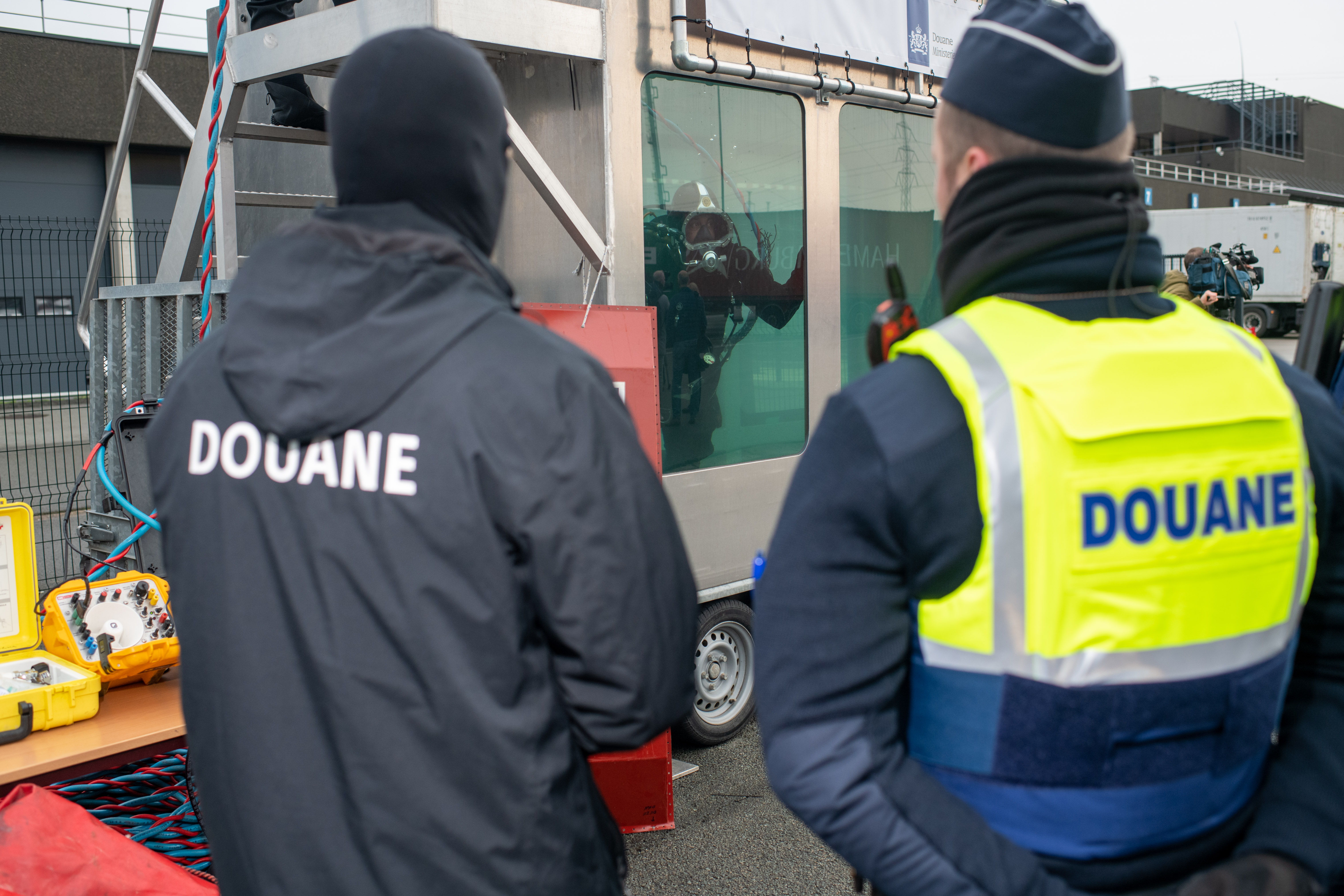Justice minister calls for special arrangements for drug incineration

Justice minister Paul Van Tigchelt (Open VLD) sees no structural problem in transporting seized drugs to incinerators. He was responding to a call by Customs Service director-general Kristian Vanderwaeren to speed up the incineration of seized cocaine.
Vanderwaeren expressed concern for the safety of his staff after two port workers were tied up and threatened in the port of Antwerp on Friday. To prevent further incidents - and in light of an earlier incident involving the transport of seized drugs two weeks ago - he suggested speeding up the process of incinerating cocaine.
According to Van Tigchelt, it should be possible to work faster. He referred to a specific problem that the competent authorities must address. "Most of the cocaine is intercepted in the port of Antwerp. There is an incinerator there so that the transport can be done quickly," he said.
Hr also announced that the capacity of the Port Security Corps would be increased to 312 people in the coming months. According to Antwerp mayor Bart De Wever (N-VA), this is insufficient, and the corps should consist of at least 350 people. He fears that the staff won't have the necessary qualifications and calls for the deployment of military personnel.
Jan Verheyen, spokesperson for waste management agency OVAM, says there is no problem with the capacity of the incinerators. Flanders has three incinerators for hazardous waste, including drugs. "These facilities have a combined capacity of more than 100,000 tonnes," Verheyen told Radio 1 on Monday. "There are no waiting times, but specific time slots have been agreed with Customs for the incineration of drugs."
#FlandersNewsService | A Dutch customs diver at a press moment of the Belgian and Dutch customs authorities on cocaine intercepted in Antwerp and Rotterdam ports, January 2023 in Beveren © BELGA PHOTO JONAS ROOSENS
Related news

